
Photo essay how the climate and nature crisis is changing the UK
The international climate crisis is affecting people and wildlife across the UK, one of the most nature-depleted countries in the world. WWF is urging political parties to respond
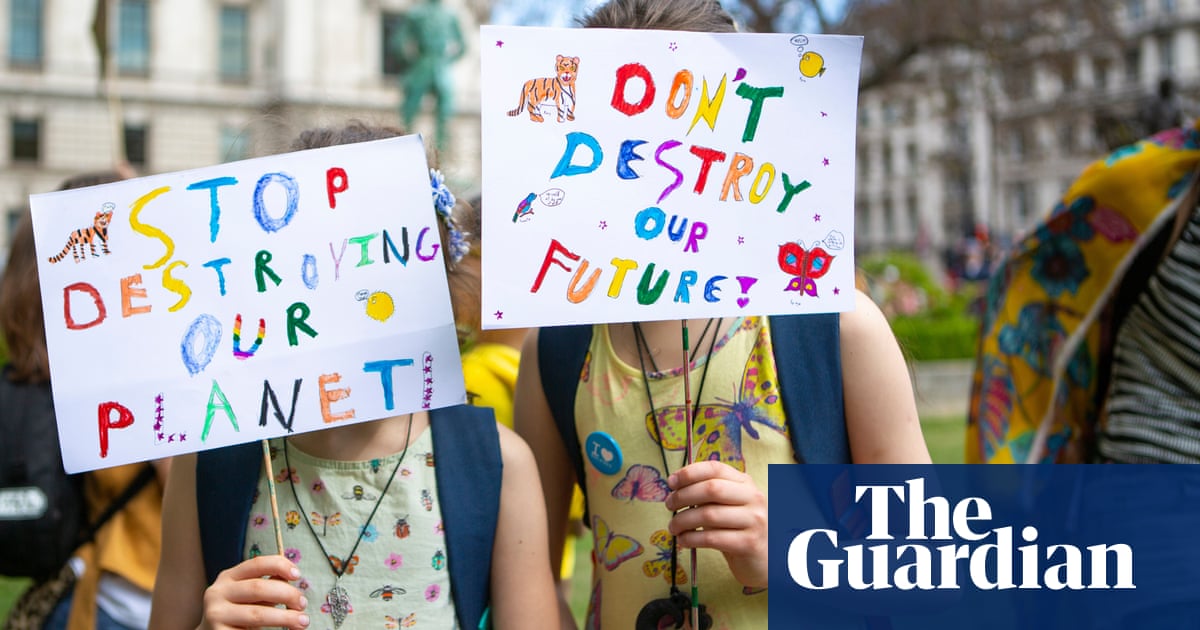
The UK is one of the most nature-depleted countries in the world: more than 1,000 British species are at risk of extinction. Polls have repeatedly shown that while the British public may be divided on Brexit, we are united by our love of nature and concern about climate. WWF is urging all political parties to respond to the nature and climate crisis, by committing to bold policies and investment to make the UK the first major economy to halt our contribution to climate change, put nature on a path to recovery and stop deforestation in our food supply chains. The UK must pioneer an economic and financial system that works for people and planet and drive global ambition to respond to the planetary emergency.
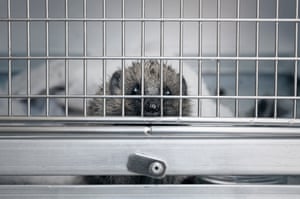
A hedgehog at Secret World Wildlife Rescue in Somerset, which receives about 600 hedgehogs for rehabilitation every year. In autumn, hedgehogs often struggle to find enough food to put on weight for winter hibernation. It is estimated that UK hedgehog numbers have declined by half since the year 2000 and fewer than 1 million hedgehogs survive. The loss of hedgerows for intensive farming, the use of pesticides that kill slugs and insects and the lack of garden habitat is driving the declines.
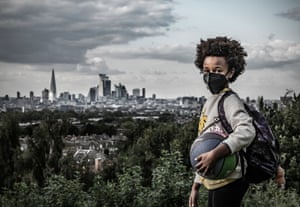
Eight-year-old Afrika holds a ball and wears a mask to protect against air pollution in Dawson Heights, south-east London. Studies have found that fine particles and toxic fumes emitted from vehicle exhausts and wood and coal fires are particularly harmful to children and can affect their lung and brain development. These pollutants are believed to cause thousands of deaths across the UK each year and contribute to health conditions including asthma, lung cancer, heart disease and stroke. The burning of fossil fuels also generates greenhouse gas emissions, which are causing climate change, threatening the very future of our planet for people and wildlife.
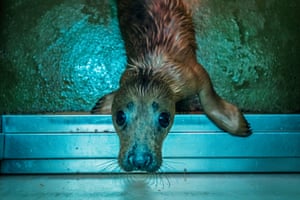
Seals such as this pup, in rehabilitation at RSPCA West Hatch in Somerset, face many threats to their existence: increased severe weather and storms linked to climate change can separate pups from their mothers, as can public disturbance from tourists and dog walkers. Adult seals are often killed or injured in collisions with boat propellers or entangled in plastics and fishing waste, and pups can be caught as by-catch in commercial fishing nets.
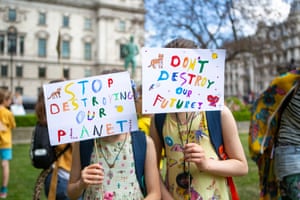
Thousands of students across the UK joined a wave of climate strikes to raise their voices in the climate debate this year. These two protesters with placards attended an event at Parliament Square in London in May 2019, organised by the UK Student Climate Network. The global climate strike movement was inspired by the 16-year-old Swedish activist Greta Thunberg and has been supported by millions of people around the world.
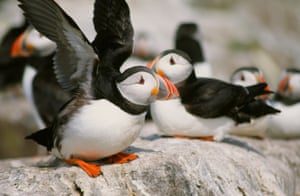
The Atlantic puffin is a well-known visitor to British shores. They spend the summers in the UK to breed, but head north in the winter to feed in cold Arctic seas. The UK provides a vital habitat for these birds, but numbers have been crashing in some of the UKs nesting sites over recent years. As with many other species affected by the climate crisis, puffins are already subject to other threats, which a changing climate only worsens. Overfishing is severely reducing their food sources and the fish populations they rely on, such as sand eels, are becoming less prevalent as our seas warm. The combinations of these impacts could be devastating for UK puffin populations.
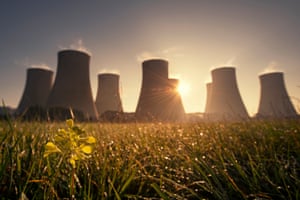
The sun rises behind the cooling towers of coal-powered Ratcliffe-on-Soar power station and lights up the steam produced from the generation process, fuelled by the burning of fossil fuels. Ratcliffe-on-Soar in Nottinghamshire is one of the UKs few remaining coal-fired power stations. The burning of fossil fuels generates greenhouse gas emissions, which are causing climate change. Burning coal also causes dangerous air pollution, and building the huge infrastructure required by fossil-fuel power stations can destroy habitats while pollution and climate change endanger wildlife. The UK has committed to ending the use of coal in power generation by 2025, and renewables are rapidly becoming cheaper than fossil-fuel generation.
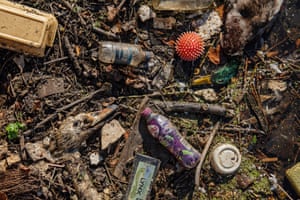
A mute swan and mallard duck lie dead among plastic pollution in Manchester. The River Tame in Greater Manchester recently recorded the highest level of microplastics anywhere in the world. Combined with toxic algae in river systems due to rising global temperatures, many water birds are dying as a result of pollution.
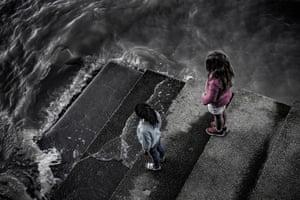
Six-year-old Elizabeth (left) and eight-year-old Mali (right) watch the tide coming in on the Thames on the South Bank in London. WWF estimates that almost 2.5m homes across the UK could be at risk of flooding by 2050. Damage caused by coastal erosion, flooding of valuable farmland, businesses and infrastructure could cost the nation more than 12bn a year by 2050, according to figures from a new WWF study released this week, called Global Futures.
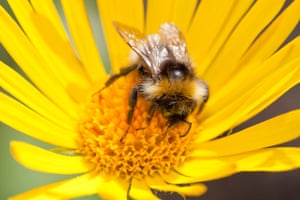
Climate change, habitat loss, pollution and disease are pushing some of the UKs native bees to extinction. One in every three mouthfuls of food we eat exists because of pollinators such as bees, which pollinate 75% of leading global crops. Pollinators are worth a staggering 690m per annum to the UK economy. Yet in England, more than 97% of all flower-rich grasslands have been lost since the 1930s thats three million hectares, or an area one-and-a-half times the size of Wales.
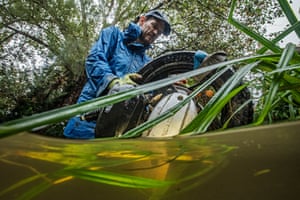
Flytipping is a major cause of pollution in urban rivers in the UK. Here, a volunteer for the Wandle Trust removes a motorbike from the River Wandle during a monthly cleanup operation. Motorbikes leak toxic fuel, polluting the river directly, but similar regularly flytipped items such as car parts, trolleys, safes, bathtubs and armchairs trap silt and smother the natural gravels on the riverbed, where plants and animals live and fish lay their eggs. The UKs rivers are also polluted by water companies and agriculture and fewer than 15% are deemed to be in a favourable condition.
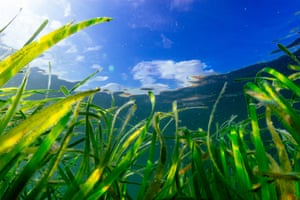
Seagrass on the seabed in Porthdinllaen, Wales. Sky Ocean Rescue, WWF and Swansea University have launched the biggest seagrass restoration project ever undertaken in the UK. It is hoped that Seagrass Ocean Rescue will lead the way for a mass recovery in the UK, which has lost up to 92% of its seagrass in the last century. Seagrass, which captures a huge amount of carbon and is a nursery for marine life, is a nature-based solution. It could help answer some of the worlds most pressing environmental concerns, including the climate emergency and declining fish numbers.

WWF joined over 130 organisations and 15,000 people in Westminster in June for The Time is Now, the biggest ever environmental lobby of parliament. People from around the UK met face-to-face with their MPs to demand urgent action to tackle the climate and nature crisis. Rachel Haynes was among them, attending a session on how to engage with MPs.
